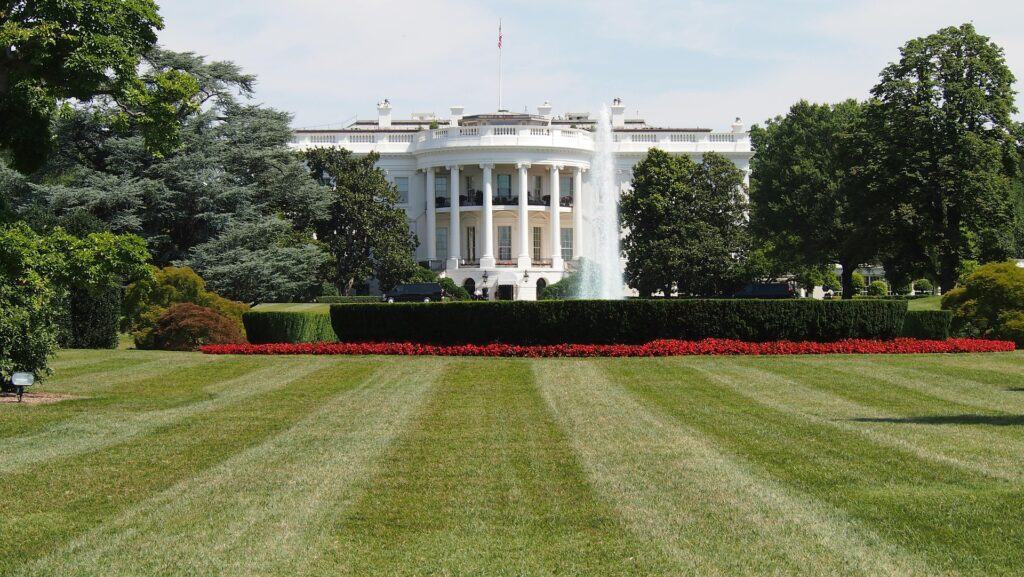Thursday, July 23, 2020 is Opening Day for the Nationals in Washington, D.C. Just like graduations, beach vacations, and many other summer pastimes, it’ll look different in 2020. But one D.C. tradition is alive and well – rumors of executive orders and new drug pricing regulations.
Since 2017, K Street has been abuzz with a long-rumored executive order on drug pricing, including action on a regulation from the HHS Office of Inspector General (OIG) that would remove the safe harbor for rebates paid by drug companies to pharmacy benefit managers (PBMs) and replace it with a new safe harbor for discounts going directly to patients at the pharmacy counter. The so-called “rebate rule” was reported dead in 2019. Here’s why that may not be entirely true.
HHS published a proposed rule in the Federal Register in 2018. A final rule was included in the Spring 2019 Unified Agenda, and sent to the Office of Management and Budget (OMB) in June of 2019. About a month later, a White House spokesperson emailed reporters saying, “Based on careful analysis and thorough consideration, the President has decided to withdraw the rebate rule.” The OMB website indicates they concluded review of the final rule, and lists its status as withdrawn.
But does that mean the rebate rule is dead and cannot be finalized? Maybe not.
Under general administrative law principles, a proposed rule does not have an expiration date. Agencies are expected to complete rulemaking within a “reasonable” timeframe, but it is not unusual for agencies to wait multiple years before finalizing a rule. Indeed, the OIG waited over two years before issuing a final rule implementing the Affordable Care Act’s revisions to the civil monetary penalty rules regarding beneficiary inducements.
Agencies do, on occasion, withdraw proposed regulations. The decision to withdraw a proposed rule after a notice and comment period is considered “final agency action.” Decisions that are tentative or interlocutory, or that have no legal consequence, would not fit the bill. Typically, agencies formalize such a decision through publication of a Notice of Withdrawal in the Federal Register that includes the agency’s justification for not moving forward with a proposed policy change. In fact, the OIG formally withdrew two proposed rules via Federal Register notice on August 2, 2019, stating that it had “never applied nor enforced the position stated therein, nor does it intend to do so now.” This is a clear marker of final agency action that legally precludes the OIG from finalizing either of these two proposals.
Interestingly, there was no such notice for RIN: 0936-AA08, Removal of Safe Harbor Protection for Rebates to Plans or PBMs Involving Prescription Pharmaceuticals and Creation of New Safe Harbor Protection, the agency long hand for the rebate rule.
So what should we make of the rebate rule’s “withdrawal” announced in July 2019? From an administrative law perspective, it could mean that HHS withdrew only the final rule under consideration at OMB – taking it out of the rulemaking queue – but did not withdraw the proposed rule itself. As such, HHS could still legally send a final rule responsive to the comments received on the original Notice of Proposed Rule Making (NPRM) to the White House for review and approval. Given the recent musings about White House personnel changes, there is at least some likelihood that a final rule could be published and implemented within the first term of the Trump Administration.
Don’t go too far this August, healthcare policy wonks, it could soon be time to play ball!
John O’Brien is a senior fellow at the USC Schaeffer Center for Health Policy & Economics, and served as Senior Advisor to the Secretary and Deputy Assistant Secretary for Health Policy at the U.S. Department of Health & Human Services (HHS) under the Trump Administration 2017 to 2019. He is also a consultant to leading pharmaceutical manufacturers, health insurers, pharmacies, technology companies, and investment firms.
Kelly Cleary is a Partner at Akin Gump Strauss Hauer & Feld LLP, and served as Deputy General Counsel at HHS and Chief Legal Officer for the Centers for Medicare & Medicaid Services (CMS) under the Trump Administration from 2017-2020. She represents a diverse array of health care and life sciences participants —including hospitals, academic medical centers, cancer centers, health IT companies, and pharmaceutical and device manufacturers—on health care policy, regulatory and enforcement matters.
